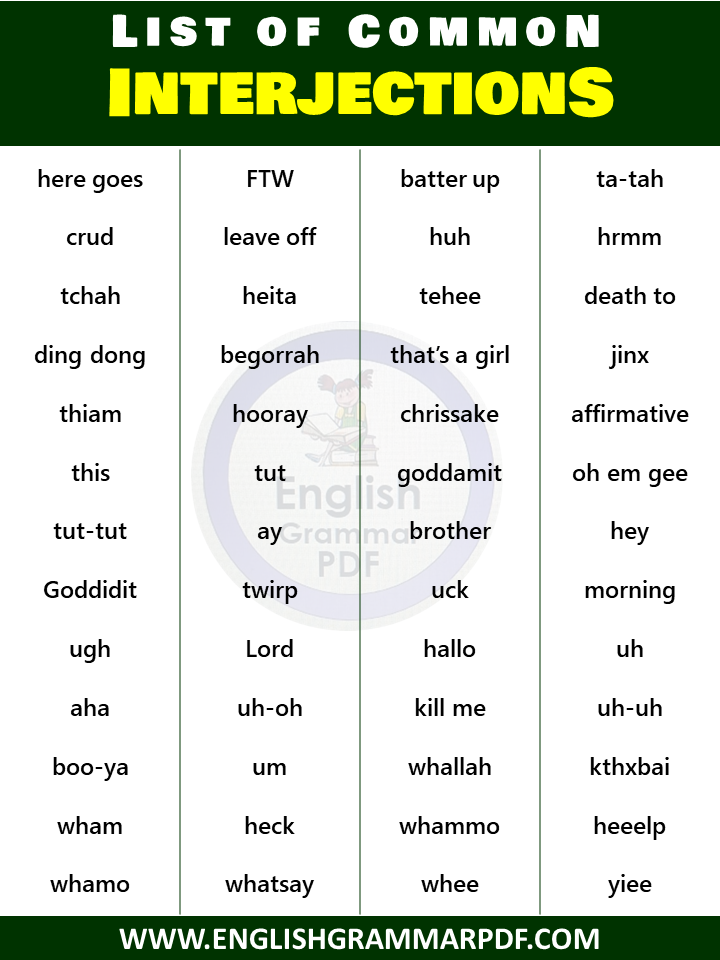Essay on Drone
Hacking The Moral Landscape! Drones have many uses including journalism, surveying, and aerial photography. These drone tools are often considered safe enough for professional use and ethical in their operations. However, there is a possible ethical dilemma with drones that is only now being realized. Drones may be used to hack into networks and steal information from others. This could mean a misuse of the technology. When it comes to drones, how can we know what’s legal? And what are the ethical consequences?
Drone ethics is a huge issue that will affect everyone in the future whether they use drones or not. These ethical questions need to be answered before the industry becomes too big for individual countries to regulate individually. Learn more about drone ethics and how they impact our world below.
Drone Ethics In Context! Each country has a different regulatory framework for drones, which makes it difficult to determine what’s legal and what’s not. Drone technology is still in its infancy, so we’re unsure of how much damage the technology will cause yet. Determining the legality of drone use is currently up to each state and country.
For example, the United States has a Federal Aviation Administration (FAA) that regulates all drones entering the country. This may be problematic because FAA regulations are ambiguous and they don’t address ethical questions such as hacking into networks and stealing information from others. With that being said, there are some laws that do define certain rights to privacy when using drones.
Drone ethics is an issue that needs to be discussed more openly before these benefits outweigh any risks associated with them. There are many ways to approach this issue: politicians, social media influencers, businesses, etc., but first we need to make sure we understand what these risks are and how they can be mitigated if they arise at all. The risk is not just from hackers stealing information from drone users; it’s also from bad actors who want to spy on people or potentially use a drone as a weapon against another person or group of people.
The Moral Landscape! Ethics is a major issue for drones. Drones are often considered to be safe enough for professional use and ethical in their operations. However, there is a possible ethical dilemma with drones that is only now being realized. Drones may be used to hack into networks and steal information from others. This could mean a misuse of the technology. When it comes to drones, how can we know what’s legal? And what are the ethical consequences?
The moral landscape for drone ethics has many questions about its future and how it will affect everyone in the future whether they use drones or not. These ethical questions need to be answered before the industry becomes too big for individual countries to regulate individually. Learn more about drone ethics and how they impact our world below.
What Can We Do? There is currently nothing that can be done to regulate drone usage in a way that accounts for ethical concerns. The best thing to do is err on the side of caution and ensure you are not doing anything illegal. In order to make sure your drones are safe and legal, it’s important to research where they can legally be used. While it may seem difficult to maintain a clear line between what is legal and what is not, it’s worth taking the time to do your research before using them.
One of the most important things you need to keep in mind is that all drones should have a human operator at all times who has access to controls such as GPS tracking. This ensures that the responsibility for any potential drone hacking will fall on the person operating the drone rather than on innocent bystanders or people whose information could be compromised.
Conclusion! The future is coming, and it’s full of drones. Everyone is talking about them, whether for good or for bad. This paper will explore drone ethics in context, the moral landscape, and what can be done to support ethical drone usage.

